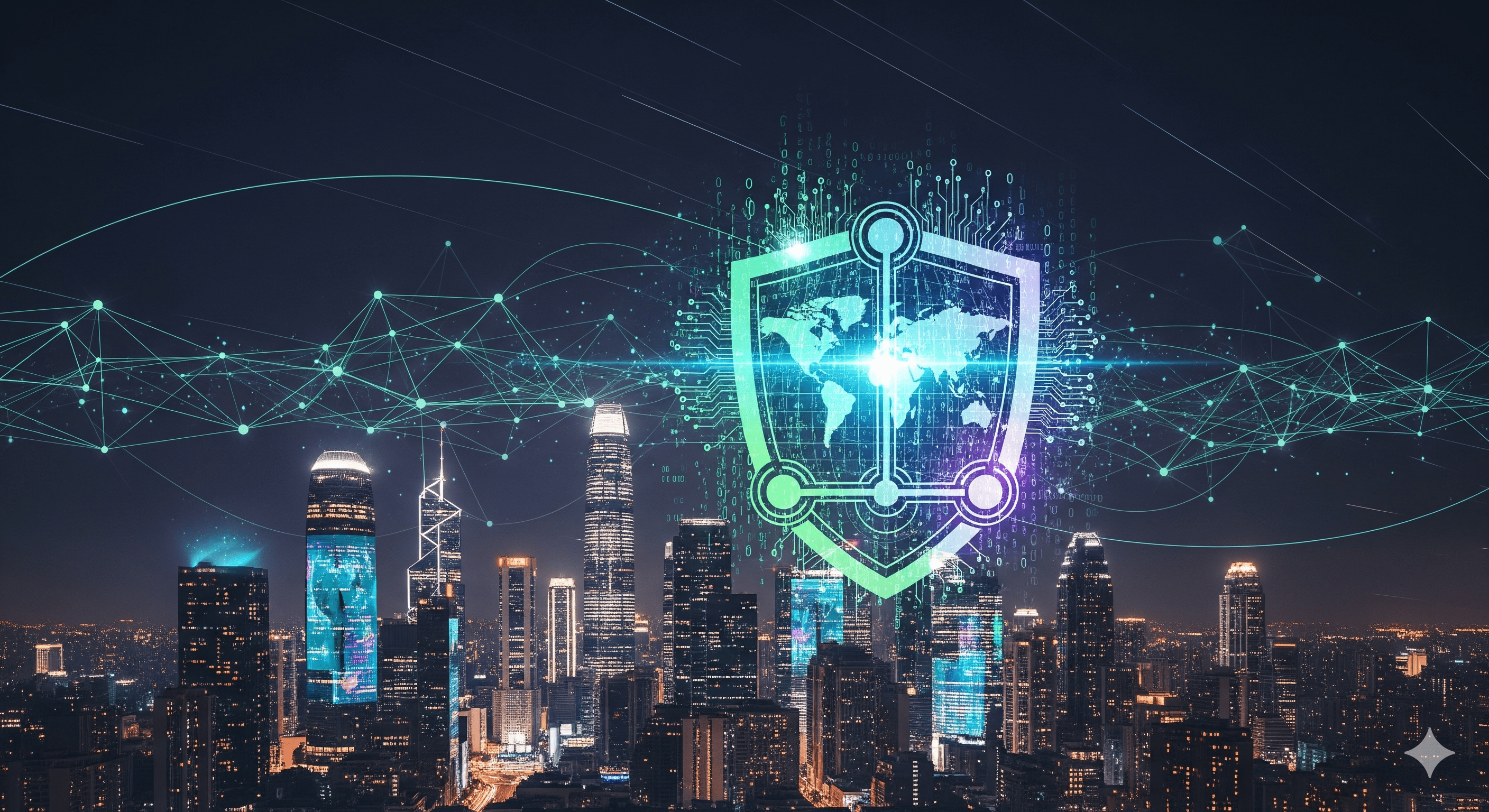Global Cybersecurity Coalition Targets Chinese Firms Over Major Cyberattacks
A wide-ranging international coalition, including the United States and several other countries, has formally accused three Chinese companies of allegedly participating in large-scale cyberattacks, according to a report published by Reuters. This coalition, which includes multiple English-speaking nations along with Germany, Italy, and Japan, represents one of the largest coordinated efforts in the global cybersecurity sector to date.
The indictment spans 37 pages, providing detailed allegations against the companies: Sichuan Juxinhe Network, Beijing Huanyu Tianqiong Information Technology, and Sichuan Zhixin Ruijie Network Technology. According to the document, these firms allegedly facilitated cyberattacks by supplying Chinese intelligence agencies, units within the People's Liberation Army (PLA), and the Ministry of State Security with equipment and cybersecurity-related products.
Background on Accused Companies and Alleged Activities
Sichuan Juxinhe Network is reportedly under U.S. sanctions due to its alleged involvement in the Salt Typhoon cyberattacks, which allegedly led to the leaking of American citizens’ private communications. The other two companies, Beijing Huanyu Tianqiong Information Technology and Sichuan Zhixin Ruijie Network Technology, are accused of providing critical infrastructure support to Chinese intelligence operations targeting foreign entities.
Despite these accusations, Beijing has consistently denied any involvement in cyberattacks or association with hackers. Reuters also reported that attempts to reach the companies for comment on these allegations were unsuccessful.
The Severity of Salt Typhoon Cyberattacks
According to Brett Lederman, the senior cybersecurity official at the FBI, the Salt Typhoon operation represents one of the most dangerous cyber espionage campaigns in United States history. In a previous interview with The Wall Street Journal, Lederman detailed that the attacks targeted more than 80 countries and 600 companies, highlighting the global scope and sophistication of the operation.
The indictment emphasizes that the U.S. and allied countries typically bring charges against nations for which concrete evidence of cyberattack involvement exists. This collaboration between major powers aims to bolster international cybersecurity defenses and hold accountable entities that threaten global digital infrastructure.
Expanding the Context: Global Cybersecurity Implications
Cybersecurity has become one of the most pressing challenges in the 21st century. With increasing reliance on digital infrastructure for government, business, and personal communications, the consequences of cyberattacks extend far beyond financial losses—they can threaten national security, intellectual property, and public safety.
This latest indictment underscores the complex web of international cyber operations. By targeting Chinese companies allegedly linked to state-sponsored cyber operations, the coalition aims to:
Enhance global accountability: Establish legal precedents for holding companies and states responsible for cyberattacks.
Strengthen international collaboration: Unite nations in sharing intelligence, strategies, and defense mechanisms.
Deter future cyber espionage: Send a strong signal to potential actors involved in or supporting cybercrime.
Experts note that attacks like Salt Typhoon often combine advanced persistent threats (APT), sophisticated malware deployment, and targeted espionage techniques to infiltrate networks without detection. By equipping state actors and military units with advanced cybersecurity products, the accused companies allegedly facilitated these operations on a global scale.
The Role of U.S. Sanctions and International Cyber Law
Sichuan Juxinhe Network’s placement under U.S. sanctions is a strategic move to curb the capabilities of companies allegedly engaging in state-sponsored cyberattacks. Sanctions restrict access to international financial systems, limit procurement of technology, and hinder collaborations with foreign entities.
International cyber law remains an evolving field. While frameworks like the Budapest Convention on Cybercrime provide a legal basis for cooperation, enforcement is challenging due to sovereignty issues, jurisdictional disputes, and the secretive nature of cyber operations. This indictment represents a growing trend where nations proactively pursue legal avenues to address cyber threats on a global scale.
Cybersecurity in the Modern Era: Challenges and Strategies
The Salt Typhoon case highlights several core challenges faced by the global cybersecurity community:
Attribution Difficulty: Determining the true origin of cyberattacks is notoriously complex, as attackers often use proxies and sophisticated obfuscation techniques.
Cross-border Enforcement: International cooperation is crucial, yet legal frameworks differ across countries.
Rapid Technological Evolution: Emerging technologies like AI, quantum computing, and IoT devices exponentially increase potential vulnerabilities.
To counter these threats, countries are increasingly investing in cyber defense initiatives, creating specialized intelligence units, and collaborating through multilateral cybersecurity alliances. The United States, Germany, Italy, Japan, and other coalition members are demonstrating how coordinated efforts can amplify the effectiveness of cyber defense and deterrence.
Implications for Businesses and Citizens
Cyberattacks like Salt Typhoon do not only target governments—they frequently compromise private companies and individuals. Businesses must adopt proactive cybersecurity measures, including:
Continuous network monitoring and vulnerability assessments
Employee training on phishing and social engineering
Deployment of advanced firewalls, intrusion detection systems, and endpoint security
For citizens, awareness and digital hygiene are equally important. Using strong passwords, enabling multi-factor authentication, and being cautious of suspicious communications can reduce exposure to potential threats.



